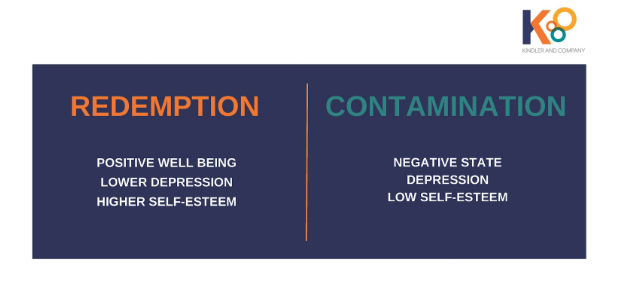
The Acatenengo Chronicles: Ascending Beyond Negative Narratives
Nov 13, 2023I recently shared a post about my hike up Acatenengo in Guatemala and the negative stories that I needed to either edit or ignore to get to the top (read it here).
This idea that we are the stories we tell ourselves is not new. Motivational speakers and psychologists have been spreading the gospel of positive reinforcement, visualization and personal empowerment for generations. In fact, there is an area of study in psychology called Narrative Psychology, introduced in the 1980s by Theodore R. Sarbin, that investigates the value of stories and storytelling and how they can give meaning to one's experiences.
I discovered this through my friend Oren Berkovich (he’s the troublemaker who encouraged me to and joined me on the Acatenango hike), who saw my post and shared an amazing and valuable podcast, “Hidden Brain: Healing 2.0: Change your story, change your life". The episode suggests that we have the power to literally change the outcome of our lives simply by changing the way we share our personal stories.
In the podcast, Professor Jonathan Adler shares the concept of Redemption stories vs Contamination stories. Adler points out that, “Stories that we narrate as starting bad and ending good are what we call a redemption sequence. And stories we narrate as starting good and ending bad are called a contamination sequence.”
It turns out that Redemption stories are associated with positive well-being, lower depression, and higher self-esteem. It’s just the opposite of Contamination stories. These stories can shape our memory of past events, our understanding of the present, and even our projection of future events. In essence, it can define who we are and how we live our lives.

Here’s the thing: this is not about revising history. The facts don’t have to change. You may still have:
- Lost your job
- Gotten sick
- Had your heart broken
- Won the lottery
- Got your dream job
- Or experienced the trip of a lifetime
The shift is where you draw the “chapter breaks in your life.” And this comes from mindset. It’s about how we make meaning from these experiences, good or bad.
Even more important, this approach to telling your stories and their impact can apply to families, businesses, cities, and countries.
As Jonathan Adler puts it, “Sometimes people look at what has happened to them, and they say “…it just sucks. Our job is not to try to convince them that it doesn't suck, but to help them find other kinds of narrative routes that might lead toward a sense of meaningfulness”.
We can all start finding meaning in our experiences, good or bad. Whether it's a climb, an opportunity, or a setback, seeing it as a chapter in your life can change how you tell your story, and THAT can change everything.

